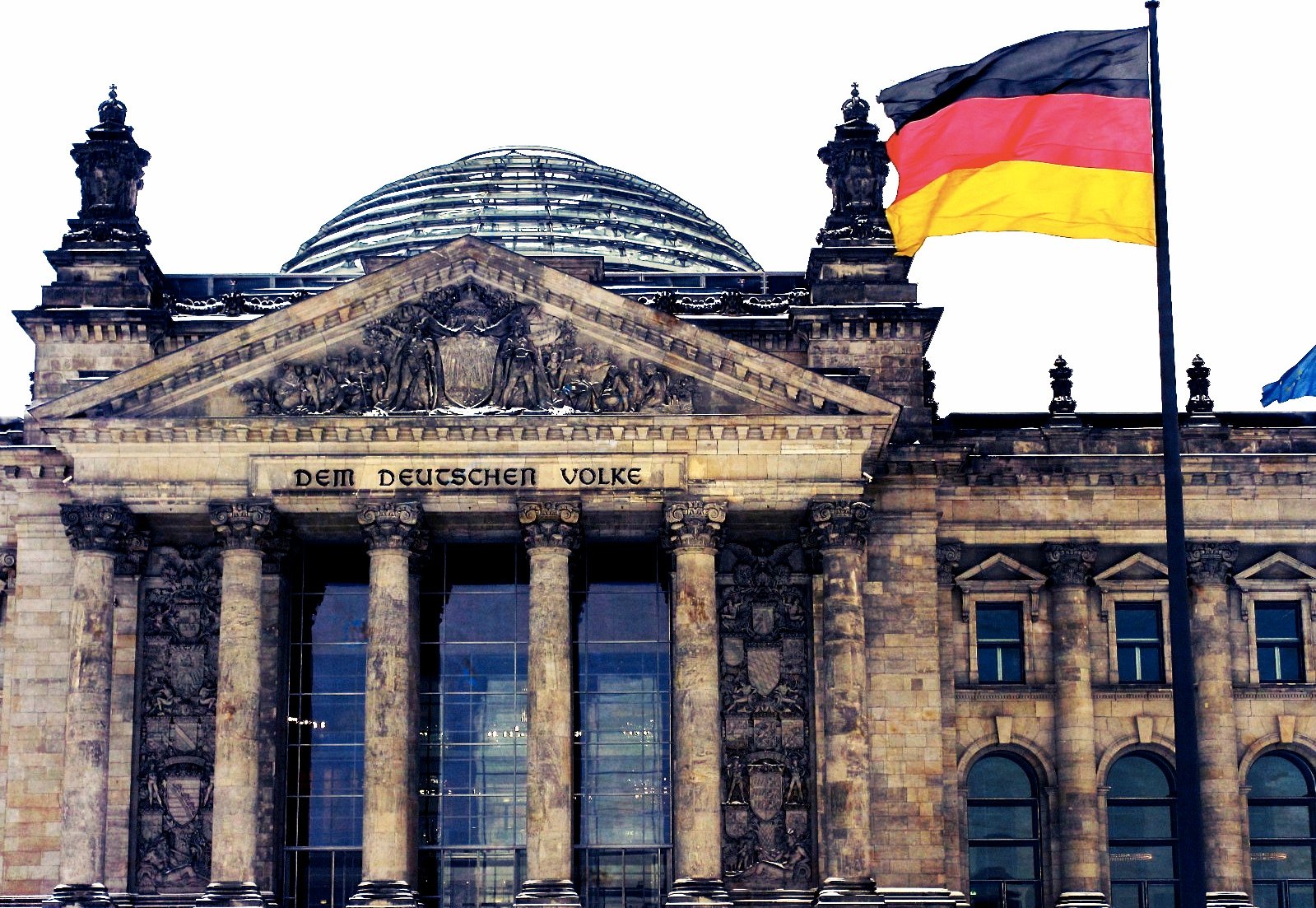Germany, once the powerhouse of Europe, is currently facing significant economic challenges. With an aging population, underinvestment in infrastructure, and a reliance on cheap Russian energy, the country’s economic growth has stagnated. The situation has been exacerbated by the ongoing energy crisis and the geopolitical fallout from Russia’s invasion of Ukraine. Here, we explore the key issues and potential pathways to recovery for Germany’s economy.
Key Economic Challenges
1. Energy Crisis Germany’s over-reliance on Russian energy has left it vulnerable. The cessation of cheap gas supplies has severely impacted its manufacturing sector, which is now in recession. Efforts to diversify energy sources, such as the deal with Qatar for liquefied natural gas (LNG), are steps in the right direction but are not sufficient on their own .
2. Aging Workforce Germany’s workforce is aging rapidly, with a significant portion of the population approaching retirement. This demographic shift poses a threat to productivity and economic stability. The International Monetary Fund (IMF) projects that the growth rate of Germany’s labor force will drop more than in any other G7 country over the next five years .
3. Underinvestment in Infrastructure Years of underinvestment in critical infrastructure, particularly in the energy sector, have left Germany ill-prepared to deal with current economic challenges. Investments in renewable energy and upgrading the electricity supply system are crucial for sustaining industrial activity and economic growth .
Potential Pathways to Economic Recovery
1. Renewable Energy Investments To achieve energy independence and ensure long-term economic stability, Germany must prioritize investments in renewable energy sources. Expanding wind, solar, and other green energy initiatives will reduce reliance on foreign energy supplies and promote sustainable economic growth .
2. Immigration and Labor Policies To counteract the effects of an aging population, Germany needs to adopt more open immigration policies to attract skilled workers. Additionally, upskilling and reskilling programs for the existing workforce can help bridge the productivity gap and maintain economic momentum .
3. Technological Innovation and Industrial Modernization Germany must focus on technological advancements and modernizing its industrial base. Embracing Industry 4.0, automation, and digital transformation can enhance productivity and global competitiveness. Encouraging research and development in cutting-edge technologies will also be vital .
4. Economic Policy Reforms Implementing economic policy reforms that balance free-market capitalism with social welfare policies can create a conducive environment for growth. Reducing bureaucratic red tape, encouraging entrepreneurship, and fostering a business-friendly climate will help revitalize the economy .
Conclusion
Germany faces a challenging economic landscape, but by addressing key issues such as energy dependence, an aging workforce, and underinvestment in infrastructure, it can pave the way for a new economic miracle. Strategic investments in renewable energy, labor policies, technological innovation, and economic reforms will be essential to restoring growth and ensuring long-term prosperity.
For more in-depth articles and resources on a wide range of topics, be sure to check out Budget Galaxy. Discover valuable insights and stay informed with our comprehensive guides and updates.
Boost Your Credit Score Fast!
Want to improve your financial health and quickly enhance your credit score? Our article Top Strategies to Quickly Boost Your Credit Score and Improve Financial Health provides the most effective ways to lift your credit rating and better your financial standing.





